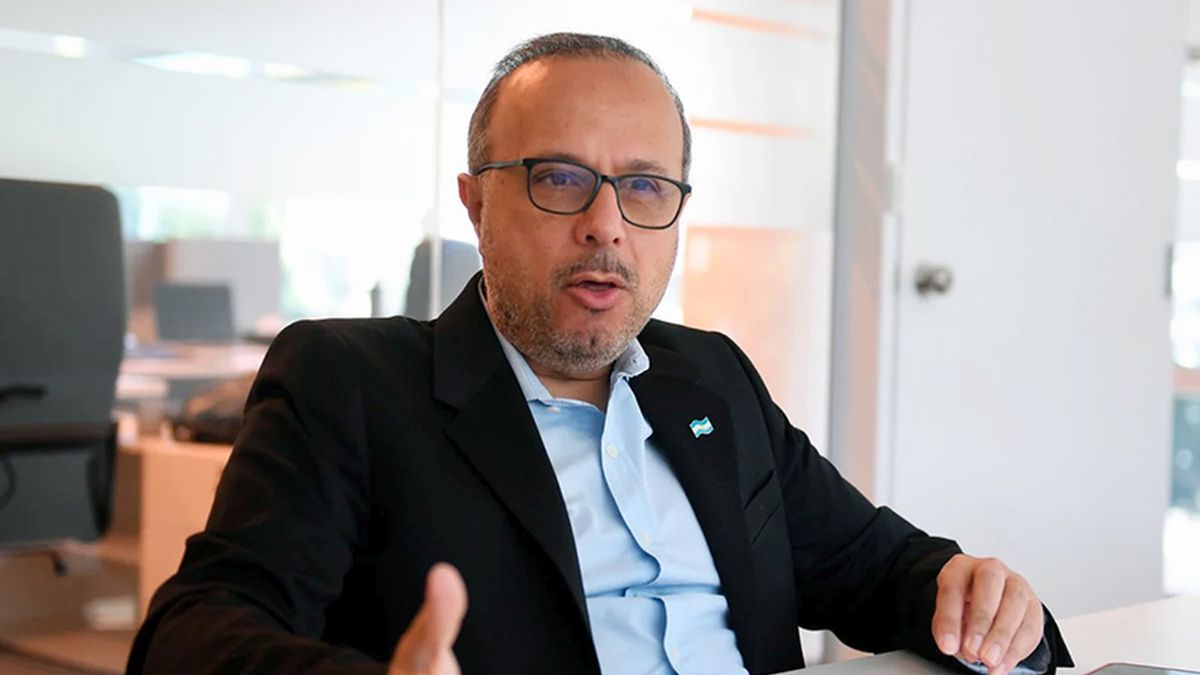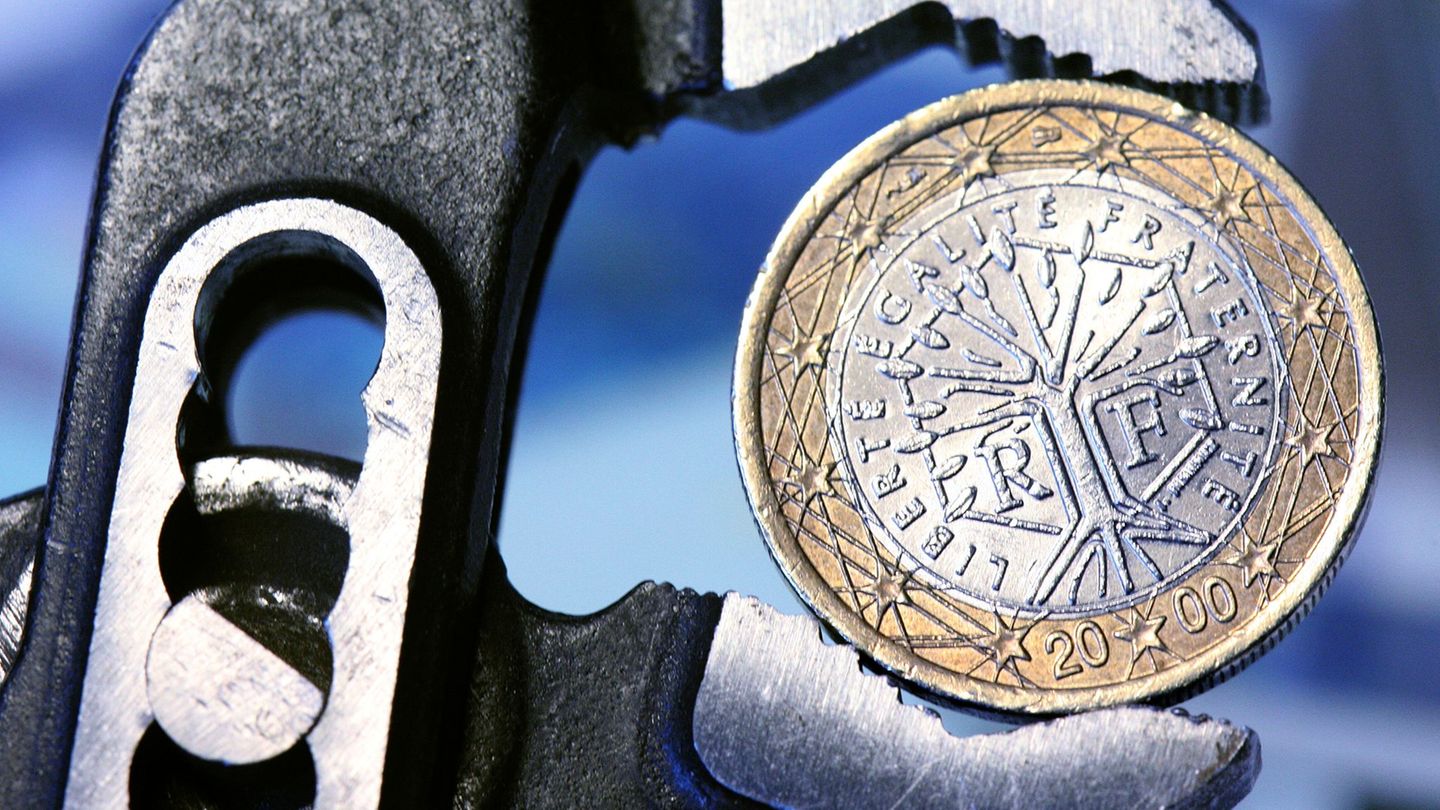The head of the Cabinet of Advisors of President Alberto Fernández, Antonio Aracre, affirmed today that the implementation of the so-called “agro dollar” it will not have an impact on the inflationary index, and he questioned those who propose a “devaluation jump”.
“What the Ministry of Economy is trying to implement is an improvement in the competitiveness of regional economies with a higher dollar but, at the same time, demanding a commitment from them to access that benefit,” Aracre explained this morning in dialogue with FM Urban Play.
In turn, he indicated that the producersis “they have to ensure the domestic supply at the prices that they were exercising before this improvement, generating the volume that they normally pour into the local market so that a shortage is not generated”
According to the adviser, “the measure is well thought out” and “the implementation will be critical to ensure” that it does not affect domestic prices.
“It will not affect inflation”, Aracre emphasized.
The new edition of the Export Increase Program (PIE) sets a temporary differential exchange rate of $300 per dollar for the soybean complex and regional economies, which is estimated to generate a foreign exchange settlement of around US$9,000 million.
The former CEO of the local subsidiary of the multinational Syngenta recalled that the special exchange rate “does not include crops that are the basis of food raw materials such as corn, wheat and sunflower.” On the other hand, when asked about the amount of pesos that will have to be issued to deliver in exchange for foreign currency, Aracre affirmed that this “will be sterilized and, to a large extent, it will be compensated from the fiscal point of view because 33% of soybeans are withholdings.”
“When withholdings are charged on a higher exchange rate, on the one hand, that must be issued, but, on the other, more money enters (as collection) so it is likely that what has to be issued is a lot less”accurate.
What did he say about a devaluation?
The presidential advisor pointed out that “many believe, and especially in the opposition, that the solution to all problems is a devaluation.”
However, Aracre rejected this measure and considered that it would generate “a generalized rise in prices and a significant deterioration in people’s quality of life because wages always lag far behind in type and quantity, without generating that jump of competitiveness that is intended to be sought”.
“It doesn’t solve anything for the people, from a social point of view, and therefore neither does it solve the country.“, he added.
Finally, the official affirmed that the effort of the Palacio de Hacienda is precisely to avoid a jump in the exchange rate.
“In fact, the minister (of Economy, Sergio Massa) is these days in the United States reviewing this whole issue of reserves and getting some kind of income from bilateral and multilateral organizations to precisely build this bridge after the drought left us US$20,000 million,” Aracre asserted.
Source: Ambito




